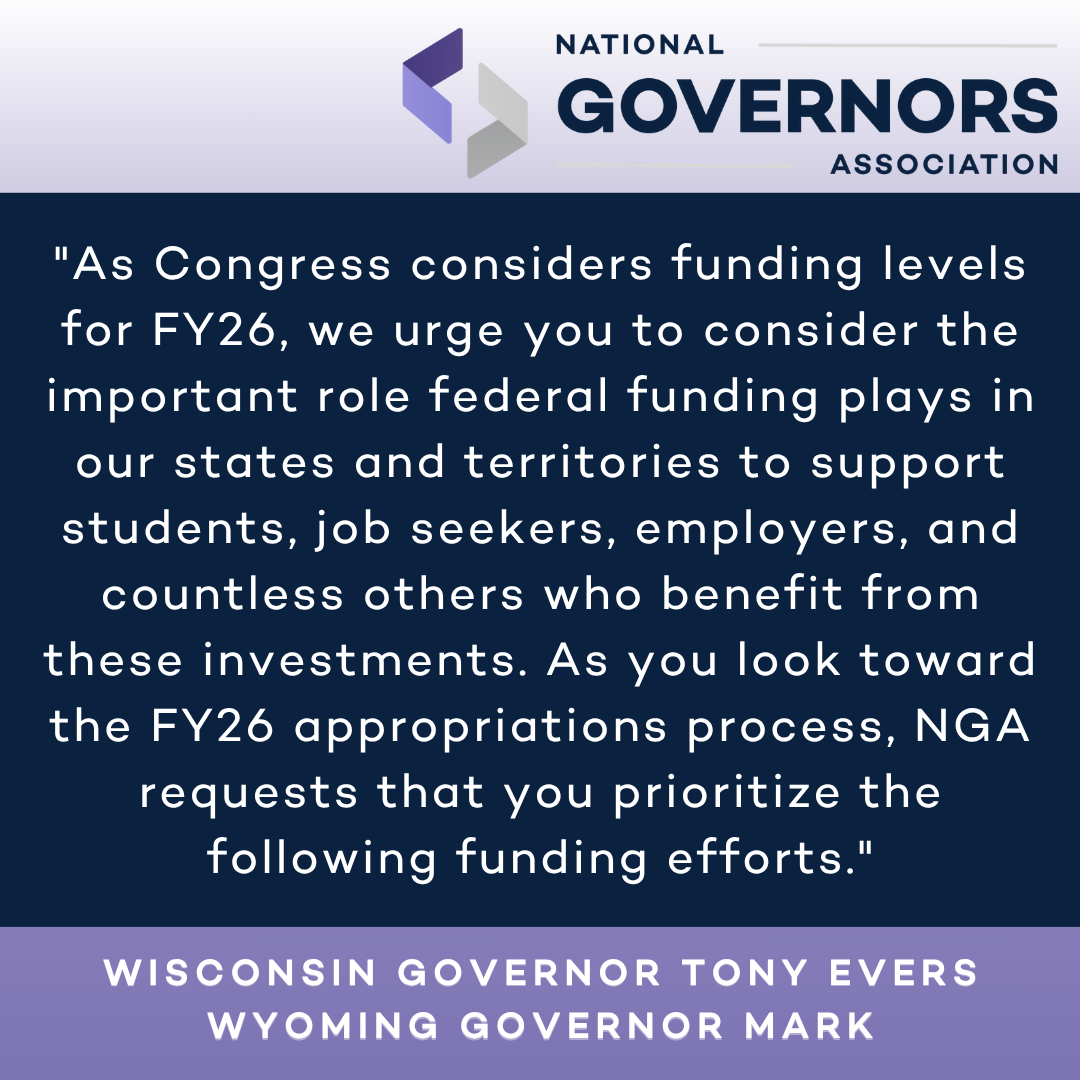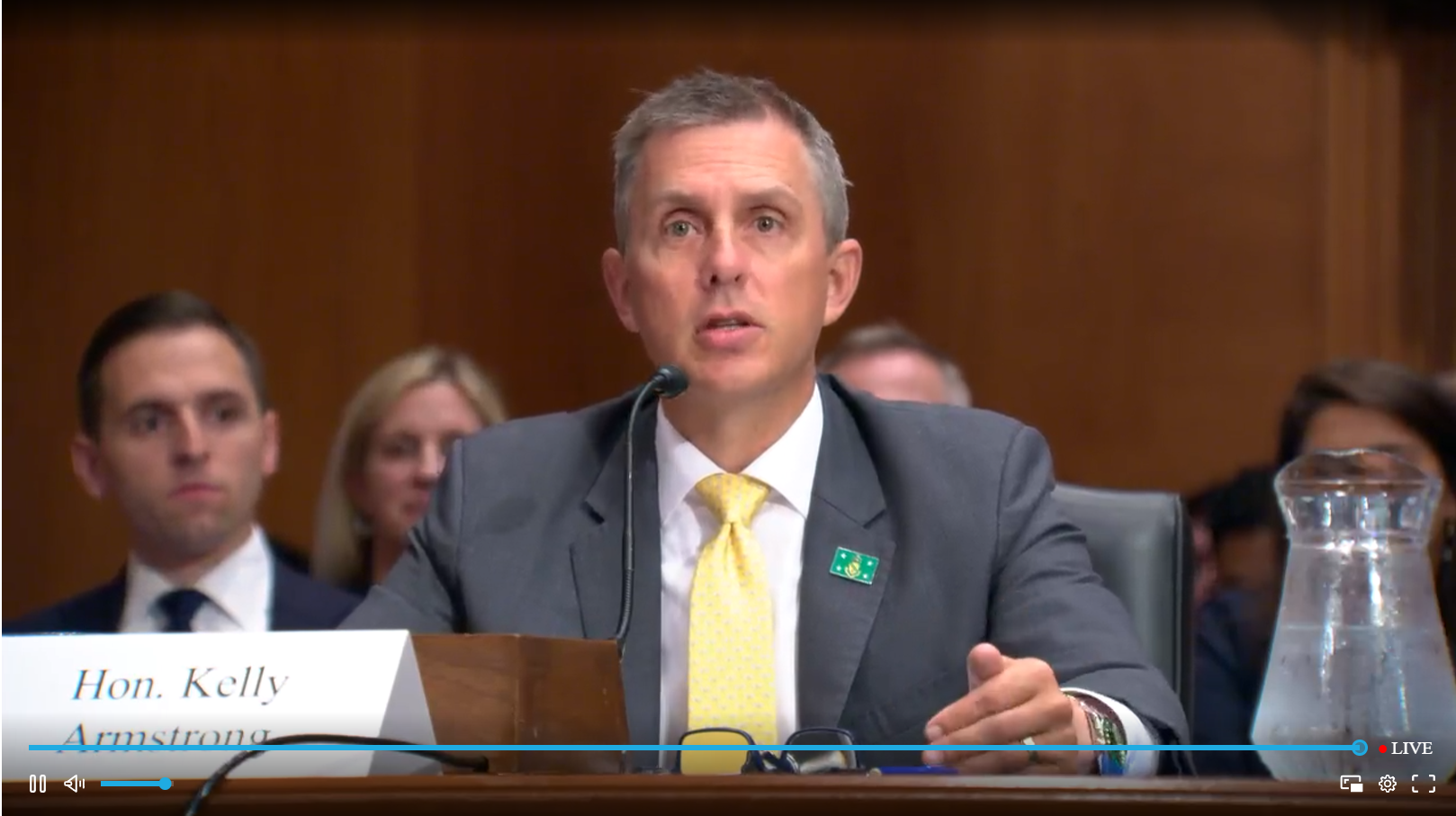Governors and state health officials continue to face budget pressure stemming from ongoing increases in health care costs. Increasingly, governors are interested in aligning economic incentives across public and private payers that will signal a movement away from traditional fee-for-service and toward value in the health care market. Instead of waiting for the private sector to lead the way, many governors are using their Medicaid programs to innovate.
Some states have completed statewide plans to transform their Medicaid programs and have obtained federal approval for implementation. Many other states are in one stage or another of planning to change their Medicaid programs. States planning or implementing significant changes face a potentially complicated negotiation process with federal officials to change their plans.
The National Governors Association Center for Best Practices (NGA Center) has supported governors in creating and building on innovations in their states that can ultimately lead to Medicaid transformation at the national level. Relevant work includes assisting states to negotiate federal approval for proposals that address systemic and statewide payment and delivery reform focused on the triple aim of better health, better health care, and lower costs; establishing linkages between savings associated with transformation efforts and the non-federal share of Medicaid expenditures; and incorporation of a statewide quality strategy that includes comprehensive quality and efficiency measurement and accountability. The NGA Center also has worked on identifying ways to improve and expedite the federal approval process for statewide Medicaid transformation and disseminates lessons learned about federal approval to all states across the nation.
Other NGA Center projects that are helping states to transform their health care systems via Medicaid policies include work around patients with complex care needs and technical assistance for state Medicaid directors. The NGA Center is helping states to better serve the small segment of their enrollee population with complex care needs and high treatment costs. By providing tailored interventions that wrap additional services around clinical treatments and address chronic conditions before acute, emergency care is needed, states can improve the health of these often socially vulnerable individuals while also creating cost savings.
NGA resources:
- Learning From Each Other: How States Are Transforming Their Health Care Systems
- Medicaid Transformation policy academy kickoff press release
- Complex Care Programs for High-Need, High-Cost Enrollees
- Designing and Implementing Medicaid Section 1115 Delivery System Reform Incentive Payment Programs
- Complex Care Programs Policy Academy
- Complex Care Data and Evaluation learning lab
- Using Data to Better Serve the Most Complex Patients
- Institute for Governors Health Policy Advisors
- Learning from Each Other: The Roles of States in Transforming their Health Systems
- Developing State-Level Capacity to Support Super-Utilizers Policy Academy Meeting
- NGA Convening of State Innovation Model (SIM) Design States
- Health Care: Decision Points for States
- Webinar: Financing and Delivering Medical “Hot Spotting” Initiatives
- State Roles in Delivery System Reforms












